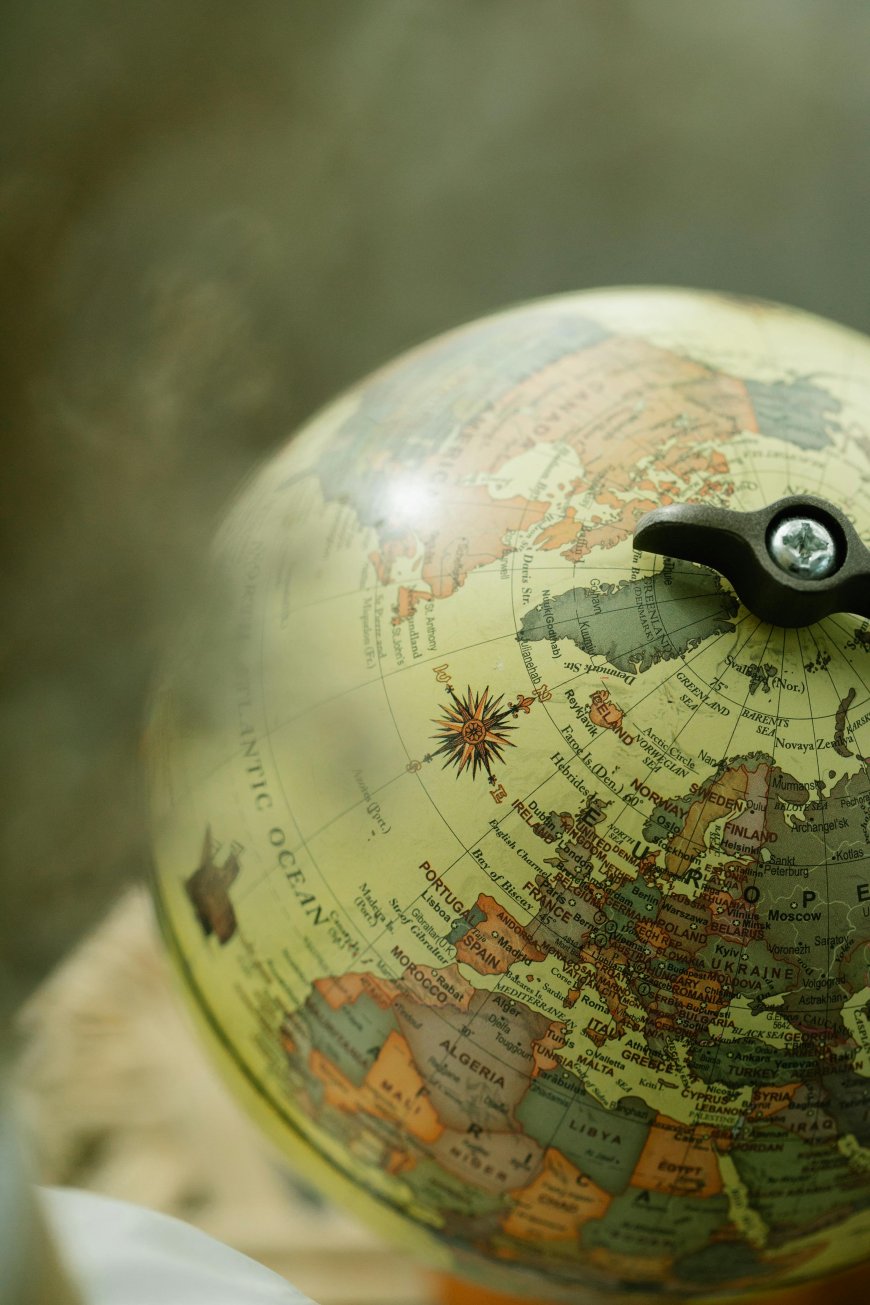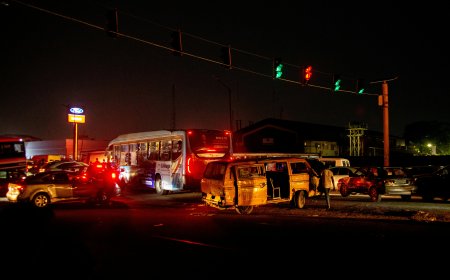The Wars That Shaped Today’s World
From World War I to the Cold War, explore the conflicts that redrew borders, changed societies, and defined the modern age.

History is not written only in parliaments or palaces but often on battlefields. Wars, for better or worse, have been engines of transformation—redrawing borders, dismantling empires, sparking revolutions, and accelerating technological change.
The modern world, with its alliances, rivalries, and fragile peace, is the legacy of conflicts fought across the last two centuries.
Here are the wars that most profoundly shaped our contemporary reality.
The Napoleonic Wars (1803–1815): The Birth of Modern Europe
When Napoleon Bonaparte’s armies swept across Europe, they spread more than French cannons. They spread revolutionary ideals—nationalism, legal reforms, and the end of feudalism.
Key Impacts
- Redrew the European map after Napoleon’s defeat.
- Sparked nationalist movements in Germany and Italy.
- Introduced the Napoleonic Code, a legal system that influenced nations worldwide.
The Congress of Vienna (1815) sought to restore monarchies, but the seeds of liberalism had been planted.

The American Civil War (1861–1865): A Nation Reforged
At stake was the very soul of the United States—union or disunion, slavery or freedom.
Why It Matters
- Ended slavery and redefined American democracy.
- Accelerated industrialization through wartime innovation.
- Cemented federal authority over states’ rights.
The Civil War’s outcome shaped the U.S. into the global power it would later become.
World War I (1914–1918): The Great War
When Archduke Franz Ferdinand was assassinated in Sarajevo, few imagined it would unleash a global conflict. Yet within weeks, Europe was engulfed.
Key Legacies
- Collapse of empires: Austro-Hungarian, Ottoman, German, Russian.
- Introduction of mechanized warfare—tanks, machine guns, gas.
- Treaty of Versailles sowed resentment in Germany, laying ground for World War II.
The war also shifted global power toward the U.S., which emerged as a creditor nation.
World War II (1939–1945): The Defining Conflict
No war shaped the modern era more than World War II. With over 70 million dead, it was humanity’s deadliest conflict.
Lasting Consequences
- The defeat of fascism in Germany, Italy, and Japan.
- The Holocaust seared into memory as humanity’s darkest atrocity.
- The atomic bomb ushered in the nuclear age.
- The U.S. and Soviet Union emerged as superpowers, igniting the Cold War.
From the ashes of war came new institutions—the United Nations, NATO, the European Union.
The Cold War (1947–1991): A Global Standoff
The world split into two ideological camps: capitalism under the U.S., communism under the USSR. Unlike earlier wars, this was fought through proxies, propaganda, and nuclear brinkmanship.
Global Impact
- Led to the arms race and space race.
- Fueled proxy wars in Korea, Vietnam, Afghanistan.
- Created NATO and the Warsaw Pact, shaping modern alliances.
- Ended with the collapse of the Soviet Union, leaving the U.S. as the sole superpower.
The Cold War’s shadow still lingers in today’s geopolitics—from NATO expansion to tensions in Eastern Europe.
The Korean War (1950–1953): The Forgotten Conflict
Often overshadowed by World War II and Vietnam, the Korean War cemented the division of the Korean peninsula.
Why It Matters
- Drew China into direct conflict with U.S.-led forces.
- Established North and South Korea as enduring adversaries.
- Set the tone for Cold War-era proxy battles.
The armistice of 1953 left the peninsula divided—a flashpoint that remains today.
The Vietnam War (1955–1975): America’s Quagmire
What began as an attempt to stop communism in Southeast Asia became America’s most divisive war.
Key Legacies
- Shattered U.S. confidence and trust in government.
- Fueled global anti-war and civil rights movements.
- Redefined modern warfare, with guerrilla tactics and media coverage influencing outcomes.
Though the U.S. withdrew in defeat, the war left deep scars on both Vietnam and American society.
The Gulf War (1990–1991): A New World Order
When Iraq invaded Kuwait, a U.S.-led coalition launched Operation Desert Storm, showcasing modern precision warfare.
Impacts
- Marked the U.S. as unrivaled global superpower after the Cold War.
- Strengthened U.S. military presence in the Middle East.
- Foreshadowed future conflicts in Iraq and Afghanistan.
Televised in real time, it was the first “CNN war,” changing how the public consumed conflict.
The War on Terror (2001–Present): A World Transformed
The 9/11 attacks thrust the U.S. and its allies into a new era of warfare.
Long-Term Effects
- U.S. invasions of Afghanistan and Iraq reshaped Middle Eastern politics.
- Rise of insurgencies and groups like ISIS destabilized regions.
- Expanded surveillance and counterterrorism laws worldwide.
- Sparked debates over human rights, security, and privacy.
Two decades later, the global fight against terrorism continues to shape international relations.
Human Cost and Technological Leap
Wars are paradoxical engines of change. They devastate societies yet accelerate innovation—radios, radar, jet engines, nuclear power, even the internet began as military projects.
But the cost is immeasurable. From the trenches of World War I to the ruins of Aleppo, the greatest legacy of war is human suffering.
Conclusion: War as a Shaper of Peace
The wars of the last two centuries have defined today’s world map, alliances, and institutions. Each conflict has left scars, lessons, and warnings.
As new flashpoints emerge—in Ukraine, the South China Sea, and cyberspace—the past reminds us that war is both destroyer and creator. Peace, fragile though it is, is built on its ruins.
FAQs
Q1: Which war had the biggest impact on the modern world?
A1: World War II, due to its global scope, casualties, and the creation of the postwar order.
Q2: How did the Cold War shape today’s geopolitics?
A2: It created NATO, influenced global conflicts, and shaped U.S.-Russia tensions still relevant today.
Q3: Why is the Korean War still important?
A3: It cemented the division of Korea, a key flashpoint in current global security.
Q4: What role did technology play in wars?
A4: Wars accelerated advances from nuclear energy to computing and aviation.
Q5: Will future wars be different?
A5: Likely—cyber warfare, drones, and AI are set to redefine conflict in the 21st century.
What's Your Reaction?
 Like
0
Like
0
 Dislike
0
Dislike
0
 Love
0
Love
0
 Funny
0
Funny
0
 Angry
0
Angry
0
 Sad
0
Sad
0
 Wow
0
Wow
0
































































